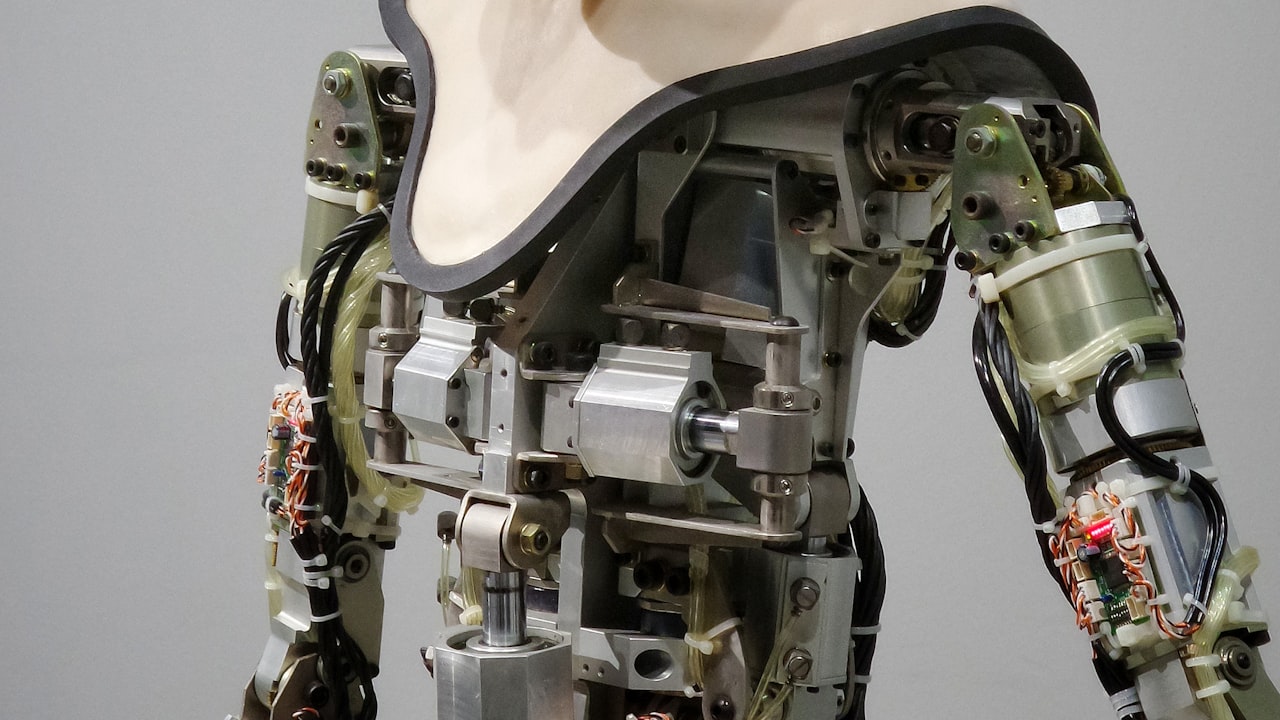Title: “The Role of Pharmaceutical Machinery in the Modern Healthcare Industry”
Pharmaceutical machinery plays a critical role in the modern healthcare industry by ensuring the efficient and precise production of medications. Among the various types of pharmaceutical machinery, the table press machine and capsule filling machine are essential for the manufacturing process.
Tablet press machines, also known as tablet compression machines, are used to compress powder into tablets of uniform size and shape. These machines play a vital role in the production of oral solid dosage forms such as tablets and capsules. The table press machine utilizes different mechanisms such as punches and dies to form tablets with accurate dosages. The TDP (Tablet Press) and THDP (Tablet Hardness Testing) are commonly used types of table press machines in pharmaceutical manufacturing. The TDP is responsible for compressing the powder into tablets, while the THDP ensures that the tablets meet the required hardness and quality standards.
On the other hand, capsule filling machines are used to fill empty capsules with powdered, granulated, or liquid formulations. These machines have the capability to accurately fill a large number of capsules per hour, increasing the efficiency of the manufacturing process. The capsules filled by these machines are commonly used for oral drug delivery and are preferred by both pharmaceutical companies and patients due to their convenience and ease of swallowing.
The advancements in pharmaceutical machinery have revolutionized the way medications are produced and have brought about increased efficiency and accuracy in the manufacturing process. The use of table press machines and capsule filling machines has significantly improved the quality and consistency of pharmaceutical products, ensuring that patients receive safe and effective medications.
In conclusion, pharmaceutical machinery, including table press machines and capsule filling machines, play a crucial role in the modern healthcare industry by enabling the efficient and precise production of medications. The use of these machines has transformed the pharmaceutical manufacturing process, leading to improved quality, safety, and consistency of medications. As technology continues to advance, pharmaceutical machinery will continue to evolve, further enhancing the capabilities and efficiency of medication production in the healthcare industry.

 Title: “The Role of Pharmaceutical Machinery in Modern Healthcare Industry”
Title: “The Role of Pharmaceutical Machinery in Modern Healthcare Industry” Title: “The Evolution and Impact of Pharmaceutical Machinery in the Healthcare Industry”
Title: “The Evolution and Impact of Pharmaceutical Machinery in the Healthcare Industry”



